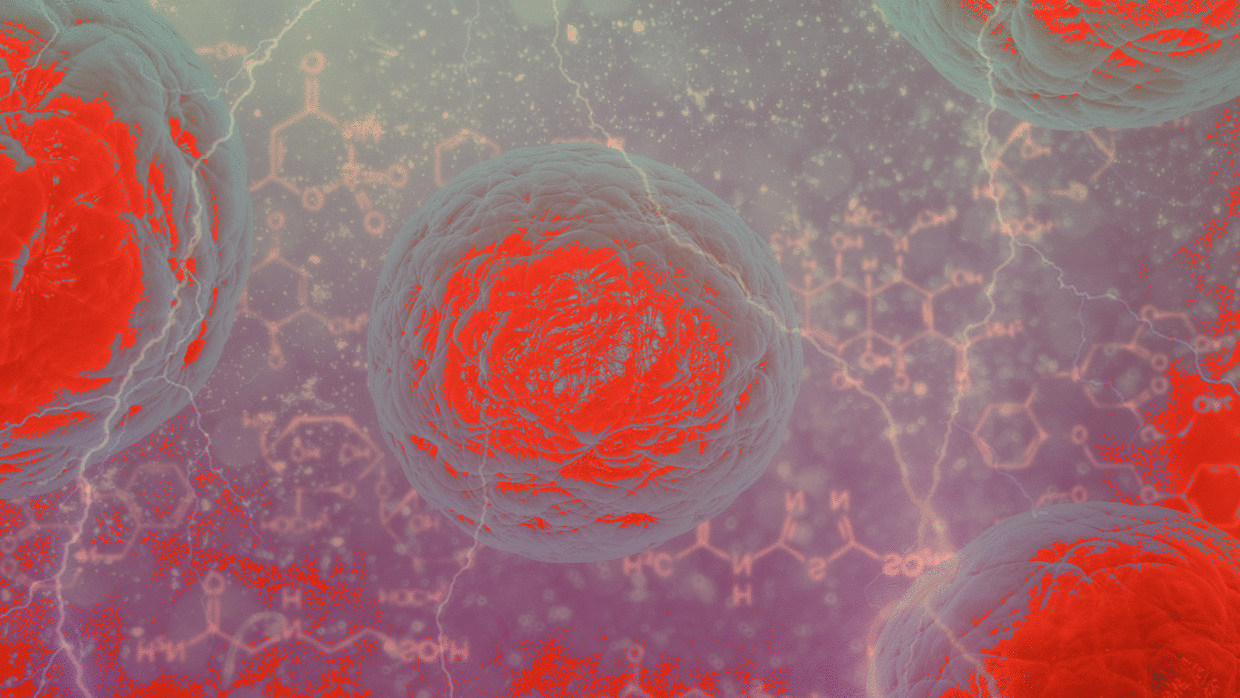by Margaret Williams
In his presentation in Bergen on 20th October 2009, Professor Peter White’s power point slides state about (ME)CFS that maintaining factors include illness beliefs, the search for legitimacy, being on benefits, and the diagnostic label, and that immune or viral measures are NOT involved in the maintenance of the disorder.

White’s assertion that immune or viral measures are not involved in the maintenance of the disorder would seem to be a direct denial of the evidence of two of the world’s leading immunologists who specialise in ME/CFS, Professors Mary Ann Fletcher and Nancy Klimas, who recently published yet more confirmatory evidence of immune dysfunction in the maintenance of the disorder (Journal of Translational Medicine 2009:7:96: doi:10.1186/1479-5876-7-96). Their peer reviewed article was published immediately upon acceptance.
Fletcher and Klimas et al are clear that cytokine abnormalities are common in (ME)CFS and that the cytokine changes observed are more likely to be indicative of immune activation and inflammation, rather than specific for (ME)CFS, as people with fibromyalgia, Gulf War Illness, rheumatological disorders and multiple sclerosis may also have similar cytokine patterns.
The authors do, however, demonstrate that several of the abnormal cytokines show promise as potential biomarkers for (ME)CFS.
As Fletcher and Klimas et al point out:
“CFS studies from our laboratory and others have described cytokine abnormalities. Other studies reported no difference between (ME)CFS and controls. However, methodologies varied widely and few studies measured more than 4 or 5 cytokines. Multiplex technology permits the determination of cytokines for a large panel of cytokines simultaneously with high sensitivity."“In this study, 10 of 16 cytokines examined showed good to fair promise as biomarkers. However, the cytokine changes observed are likely to be more indicative of immune activation and inflammation…Many of the symptoms are inflammatory in nature."
“There is a considerable literature describing immune dysfunction in (ME)CFS."
“The goal of this study was to determine if, using new technology, plasma cytokines had sufficient sensitivity and specificity to distinguish (ME)CFS cases from age-matched healthy controls….Amounts of cytokines in plasma or serum are often below the level of detection in traditional ELISA assays."
"The availability of sensitive multiplex technology permitted the determination of 16 cytokines simultaneously…In the (ME)CFS cases, we found an unusual pattern of the cytokines that define the CD4 T cell."
“Pro-inflammatory cytokines: A significant elevation in the relative amounts of 4 of 5 pro-inflammatory cytokines in peripheral blood plasma of patients with (ME)CFS was found when compared with the controls. In cases, lymphotoxin (LT)awas elevated by 257% and IL-6 by 100% over the controls."
“TH2 cytokines: Both interleukin (IL)-4 and IL-5 were elevated in (ME)CFS, with the median of IL-4 (being) 240% and of IL-5 (being) 95% higher in cases than controls.
“Anti-inflammatory cytokines: IL-3 was significantly lower in (ME)CFS patients. “TH1 cytokines: IL-12 was significantly elevated (120%) and IL-15 decreased (15%) in cases compared to controls."
“IL-8 (CXCL8): this chemokine was 42% lower in the (ME)CFS patients."
“Along with the TH1 abnormalities, we found up-regulation of TH2 associated cytokines, IL-4 and IL-5, in the (ME)CFS subjects. Allergy is common in (ME)CFS cases. Years ago, Straus et al reported >50% atopy in 24 CFS patients."
“The probability of chronic inflammation in (ME)CFS patients is supported by the elevation of four members of the pro-inflammatory cytokine cascade , LTa, IL-1a, IL-1b and IL-6, in the (ME)CFS samples compared to controls."
“Interleukin-13, associated with inhibitory effects on inflammatory cytokine production, was lower in cases compared to controls."
“The inflammatory mediator IL-8 (a chemokine known as CXCL8) known to be responsible for migration and activation of neutrophils and NK cells was decreased in plasma of (ME)CFS patients."
“The observations of abnormal cytokine patterns in (ME)CFS patients support the reports of retrovirus infections."
“Recently, DNA from a human gammaretrovirus, xenotropic murine leukaemia virus-related virus (XMRV) was found in the PBMC of 68 of 101 patients compared to 8 of 218 healthy controls. Patient–derived, activated PBMC produced infectious XMRV in vitro. Both cell associated and cell-free transmission of the virus to uninfected primary lymphocytes and indicator cell lines was possible."
“The decreased natural killer (NK) cell cytotoxic and lymphoproliferative activities and increased allergic and autoimmune manifestations in (ME)CFS would be compatible with the hypothesis that the immune system of affected individuals is biased towards a T-helper (TH) 2 type, or humoral immunity-orientated cytokine pattern."
“The elevations in LTa, IL-1a, IL1b and IL-6 indicate inflammation, likely to be accompanied by autoantibody production, inappropriate fatigue, myalgia and arthralgia, as well as changes in mood and sleep patterns."
This study is among the first in the (ME)CFS literature to report the plasma profiles of a reasonably large panel of cytokines assessed simultaneously by multiplex technique."
“Cytokine abnormalities appear to be common in (ME)CFS. The changes from the normal position indicate immune activation and inflammation."
“The results imply a disorganised regulatory pattern of TH1 function, critical to antiviral defence.“
“The results from this study support a TH2 shift, pro-inflammatory cytokine up-regulation and down-regulation of important mediators of cytotoxic cell function”.
Since it is now unequivocal that people with (ME)CFS show markers of inflammation, what will be the impact on the Wessely School’s MRC PACE Trial that is predicated on the assumptions of deconditioning, on the “perception” of effort and on aberrant illness beliefs and whose participants are instructed about “sleep hygiene”?
Further information:
Why ME/CFS may kill you: Cardiovascular disorders in ME/CFS - click here
Low-grade inflammation and arterial wave reflection in patients with chronic fatigue syndrome -click here
The Inquest into the death of Sophia Mirza -
"The pathologist also said -
'ME describes inflammation of the spinal chord and muscles. My work supports the inflammation theory. There was inflammation in the basal root ganglia.' - click here
Documented involvement of viruses in ME CFS - click here.
Can the MRC PACE Trial be justified? - click here
ME and the UK Medical Research Council - click here

